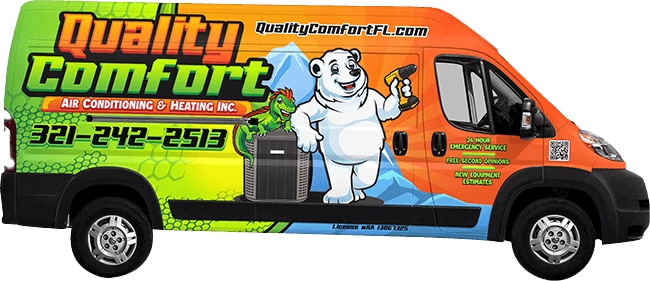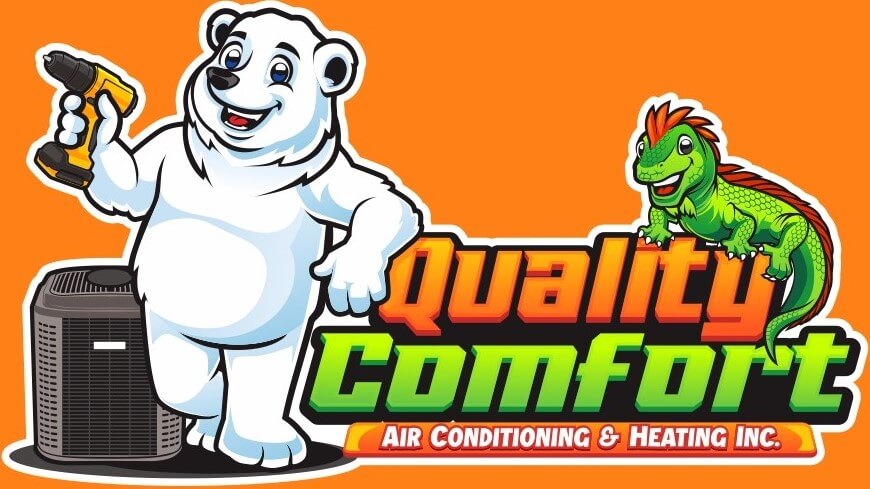


Is your AC fan not spinning, leaving you sweltering in the heat? Don’t worry, we’ve got you covered! In this blog post, we’ll help you troubleshoot and solve the problem, as well as provide preventative measures to ensure your AC fans work efficiently for years to come.
AC fans play a crucial role in the cooling process and maintaining indoor comfort in an air conditioning unit. A typical split-system central air conditioner consists of two primary fans: an indoor fan and an outdoor fan. These fans help circulate cold air throughout your home while also removing hot air. Imagine trying to cool your home with a broken fan; it’s like trying to stay dry in a rainstorm with a torn umbrella.
If either of the air conditioner’s fans, such as the AC unit, experiences a malfunction, the air conditioning system will not operate as intended. This could lead to uncomfortable indoor temperatures and increased energy consumption. To ensure the longevity of your AC fans, including the condenser fan motor, it’s essential to conduct regular cleaning and inspection, timely replacements, and schedule professional maintenance.
Like a detective trying to solve a mystery, it’s essential to identify the common causes of AC fan malfunction before attempting to fix the issue. Potential causes of air conditioner fan malfunctions could include power supply issues, capacitor problems, and motor burnout. Think of these causes as the usual suspects in the case of a non-spinning AC fan.
Each of these causes of AC fan malfunction will be explored in detail in the following subsections:
By understanding and addressing these issues, you’ll be well on your way to restoring your AC unit to its optimal performance and enjoying the cool comfort of your home once again.
Power supply troubles refer to difficulties with the electrical source that powers your AC unit, such as a central air conditioner fan. These difficulties can lead to power-on failures, lockups, and spontaneous short cycles.
A capacitor serves as a small, cylindrical component in your AC unit, transmitting energy signals to power the motor of the fan and the AC unit as a whole. It’s like the battery that powers a remote control, enabling it to send signals to your TV. If the capacitor experiences problems, the AC fan motors will not function properly.
Capacitor failure can be attributed to various factors, such as overheating, physical damage, age-related deterioration, and wiring problems. The run capacitor may be malfunctioning if the system takes a long time to start up, shuts down unexpectedly, or fails to blow cold air. Signs such as these should be investigated as soon as possible.
If a capacitor replacement is necessary, consult or contact a local HVAC technician at Quality Comfort Air Conditioning And Heating Inc. for assistance.
Motor burnout is when the fan motor ceases to function due to extended use. It’s like a marathon runner hitting the wall, unable to continue the race. Failing to perform routine maintenance while running the AC unit at full capacity to maintain cooler temperatures is a frequent cause of motor burnout.
A burnt-out motor can be detrimental to the entire AC system, as it may result in the entire system to malfunction. If you believe that the AC fan motor has malfunctioned, it is advisable to consult a professional in order to properly diagnose and repair the issue. Otherwise, you may end up causing more harm than good.
Sometimes, the cause of an AC fan not spinning can be attributed to visible issues like broken fan blades and debris obstruction. Like a car mechanic inspecting a vehicle for damage, it’s essential to examine your AC unit for these visible issues.
In the following subsections, we’ll dive deeper into each of these potential problems and how to address them.
A possible explanation for an unusual noise coming from the outdoor unit of an AC system could be a faulty fan or a bent or broken fan blade. It’s like a bicycle with a bent wheel – it’s going to make noise and not ride smoothly. Upon discovering a broken or damaged fan blade in your unit, it’s advised to keep the system turned off and contact a local HVAC professional like Quality Comfort for repair.
If the fan blades are jammed, the motor could become overworked, potentially resulting in overheating and breakdown. Additionally, restrictions caused by the jam may lead to further motor damage. It’s essential to address broken or damaged fan blades promptly to avoid more significant issues down the line.
Debris obstruction is the obstruction of the AC fan from spinning due to the presence of dirt, leaves, or other objects. It’s like a river blocked by a fallen tree – the water can’t flow freely. To assess the fan for any obstructions, examine it for any visible debris that may be preventing it from spinning.
Using a vacuum cleaner or a brush would be the most effective way to clean the fan of debris. Once the fan has been cleared of any blockages, activate the AC unit and confirm that the fan is spinning correctly. By ensuring there is no debris obstructing the fan, you can prevent unnecessary strain on the motor and maintain efficient operation.
Sometimes, the solution is a simple adjustment of the thermostat settings or the circuit breaker. It’s like discovering that your car won’t start because you left the lights on – a quick fix can get you back on the road. To diagnose if the AC fan is not functioning, start by verifying the thermostat settings.
After setting the thermostat, if the is still not operating, follow these steps:
Maintaining clean air filters is crucial for preventing problems. A clogged air filter can impede airflow, resulting in the evaporator coil icing up and causing the fan to malfunction. It’s like trying to breathe through a dirty mask – the air just won’t flow properly.
To prevent AC fan breakdowns due to clogged air filters, it’s recommended to service and change air filters regularly. Ideally, replace them every three months or whenever necessary. By addressing air filter problems, you can ensure the smooth operation of your AC unit and avoid fan-related issues.
When all troubleshooting steps have been exhausted and the AC fan remains inoperable, it’s time to call a professional HVAC technician at Quality Comfort. Think of it like calling a plumber when your DIY attempts to fix a leaky pipe have failed – sometimes, it’s best to leave it to the experts.
Professional HVAC technicians can help with a variety of AC fan issues, including:
To ensure the longevity and efficiency of your AC fans, it’s essential to follow preventative maintenance tips, including regular cleaning and inspection, timely replacements, and scheduled professional maintenance.
In the following subsections, we’ll delve deeper into these tips and explain how each can contribute to keeping your AC unit running smoothly and efficiently.
The regular cleaning and inspection of AC fans are essential for:
Additionally, it’s beneficial for the health of those in the home. It’s like regularly servicing your car – you’ll avoid costly repairs and keep it running smoothly.
To clean and inspect the AC fan, follow these steps:
By performing regular cleaning and inspection, you can help prevent common AC fan problems and ensure the optimal performance of your unit.
Replacing worn-out components in a timely manner can help.
It’s like changing the tires on your car when they’re worn out – you’ll avoid accidents and improve the overall performance of your vehicle.
Scheduled professional maintenance for AC units is essential to guarantee the unit operates effectively and efficiently throughout its service life. Omitting necessary maintenance can result in an inefficient that increases energy bills, breaks down often, and is likely to need to be replaced before its anticipated lifespan has expired. It’s like skipping dentist appointments – you’ll end up with more significant problems down the line.
During scheduled professional maintenance, a technician will inspect the following components for signs of wear and tear:
Additionally, they will examine these components for any potential damage or malfunction. It’s advised to have your AC fan serviced at least annually, ideally in the spring prior to the summer season.
By scheduling professional maintenance, you can ensure the durability and effectiveness of your AC fan.
In conclusion, troubleshooting and solving an AC fan not spinning problem involves understanding the importance of AC fans, identifying common causes of malfunction, inspecting for visible issues, checking the thermostat and circuit breaker, addressing air filter problems, and knowing when to call a professional HVAC technician. By following preventative maintenance tips, such as regular cleaning and inspection, timely replacements, and scheduled professional maintenance, you can ensure the longevity and efficiency of your AC fans. Take charge of your comfort and keep your home cool by taking care of your air conditioner.
It appears that the AC fan is not spinning due to a problem with one or more of its components.
It is recommended that a professional check the fan motor, capacitor, belts, and bearings to determine the cause.
Replacing an AC fan motor can cost between $500 and $700 on average, although it may be higher if the unit is not under warranty. The cost of replacing the compressor, which could be necessary if the fan motor fails, would be considerably more at around $3,000.
A typical split-system central air conditioner is equipped with two primary fans - an indoor fan and an outdoor fan - to provide efficient cooling.
These fans work together to move air through the system, allowing the air conditioner to cool the home more efficiently. The indoor fan pulls air from the home and passes it over the evaporator coil, where it is cooled.
If your AC unit is slow to start, shuts down unexpectedly, or fails to blow cold air, it could be a sign that the run capacitor is malfunctioning.